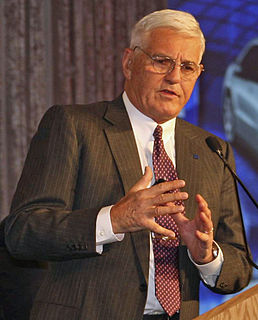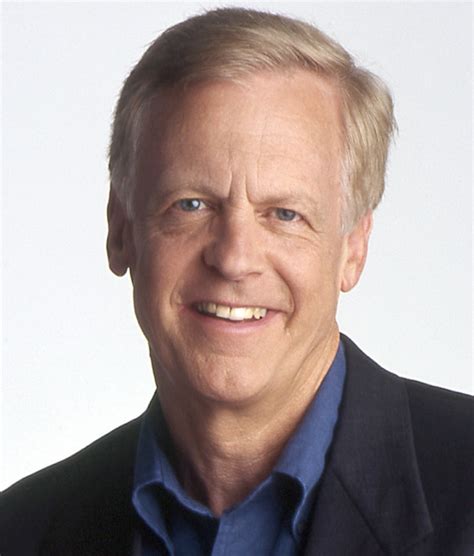Top 62 Quotes & Sayings by Keith Rabois
Explore popular quotes and sayings by an American executive Keith Rabois.
Last updated on April 14, 2025.
Most people, most great people even are ammunition. But what you need in your company are barrels. You can only shoot through the number of unique barrels you have, so that's how the velocity of your company improves... is by adding barrels, and then you stock them with ammunition and then you can do a lot.
The more you simplify, the better people will perform. People can not understand and keep track of a long complicated set of initiatives. So you have to distill it down to one, two, or three things and use a framework they can repeat, they can repeat without thinking about, they can repeat to their friends, they can repeat at night.
Barrels are very difficult to find. But when you have them, give them lots of equity. Promote them, take them to dinner every week, because they are virtually irreplaceable because they are also very culturally specific. So a barrel at one company may not be a barrel at another company. One of the ways, the definition of a barrel is, they can take an idea from conception and take it all the way to shipping and bring people with them.
There are three things you need to do as a CEO-founder. Think strategically, drive design, and drive technology. Some people who are really good at one can build a pretty foundational company. Most people who are very successful are good at two. But Jack is the only person in the Valley I've met who's all three. He's a first-rate strategist, a first-rate designer, and a first-rate technologist.



















